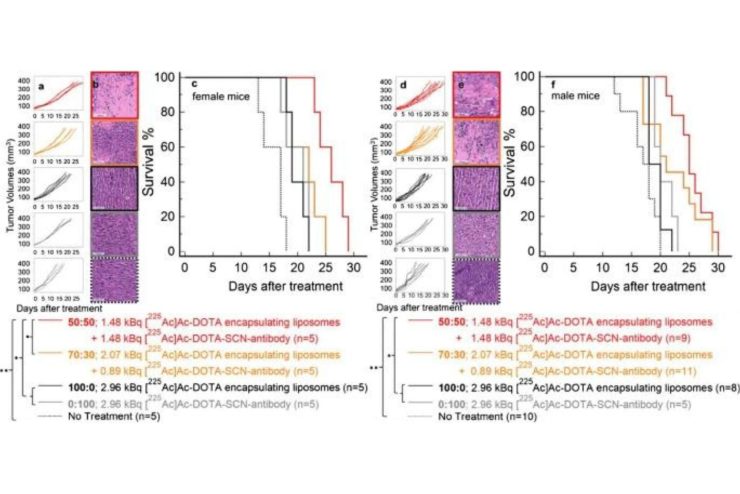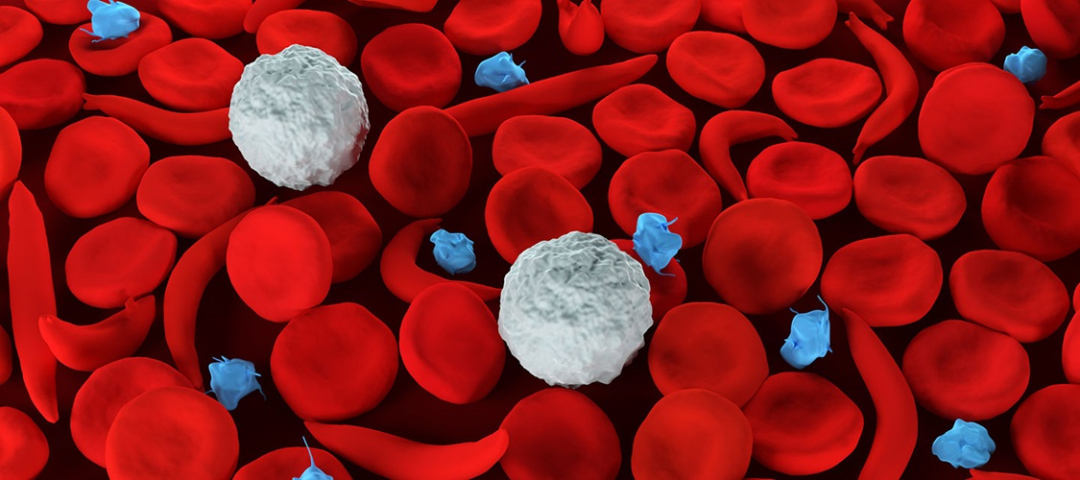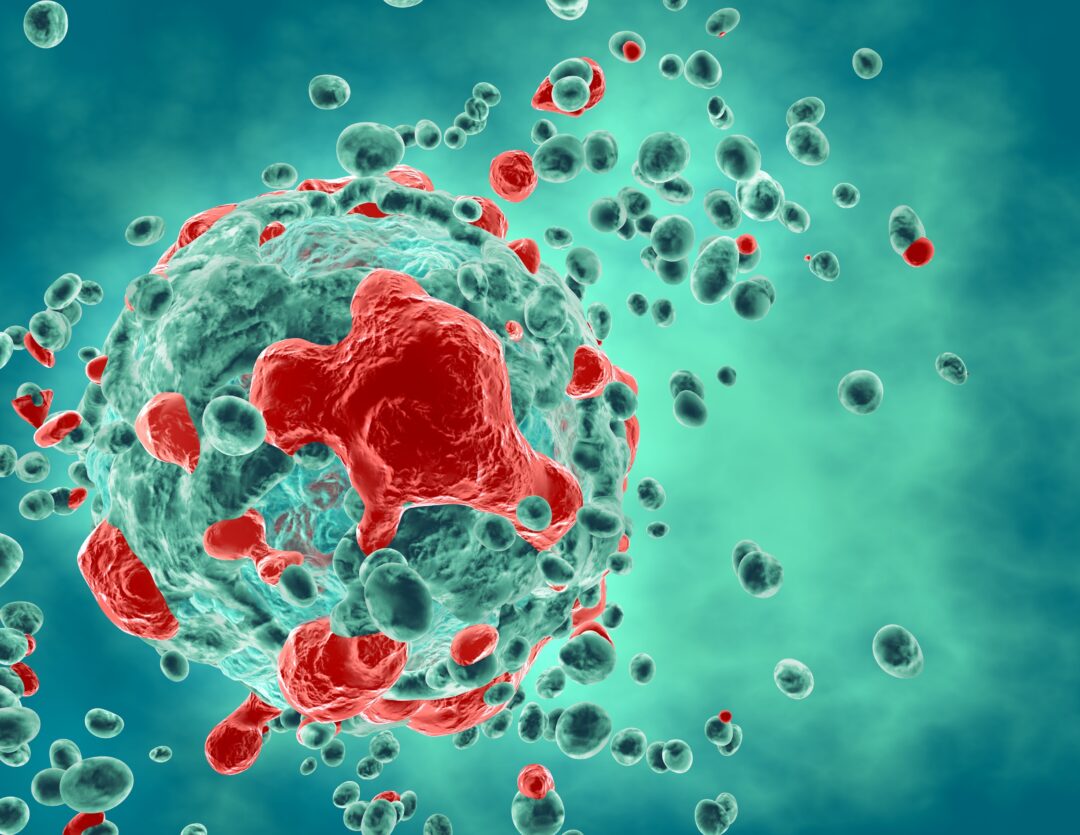Engineering for Cancer Therapies
-
Johns Hopkins team combines radionuclide-carrying antibodies and nanoparticles to enhance radiation delivery. Researchers from the Whiting School of Engineering’s Department of Chemical and Biomolecular Engineering and Institute for NanoBioTechnology have… Read More
-
Photo courtesy of Johns Hopkins Medicine Sickle cell disease is caused by an inherited genetic mutation. Current gene therapies are complex, time-consuming, and risky, with some clinical trials revealing serious… Read More
-
Johns Hopkins Medicine scientists say they have developed an artificial lymph node with the potential to treat cancer, according to a new study in mice and human cells. The newly… Read More
-
A novel treatment for leukemias and lymphomas that arise from immune system T cells, developed by investigators at the Johns Hopkins Kimmel Cancer Center and its Ludwig Center and Lustgarten Laboratory, was found… Read More
-
Joshua Doloff, an assistant professor in the Department of Biomedical Engineering and affiliate researcher at the Institute for NanoBioTechnology, has won a three-year, $450,000 grant from Ovarian Cancer Research Alliance to design new drug delivery systems for more precise treatment of… Read More
-
Researchers from Johns Hopkins University and Universidad Carlos III de Madrid have created a computational model that simulates the growth of breast tumors from a biomechanical perspective. Their innovative approach,… Read More







